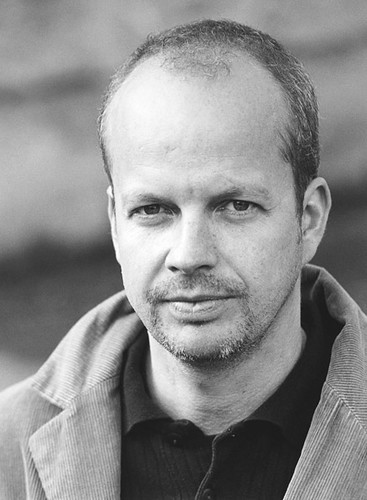

Ópera, ópera, ópera, ópera, cinema, música, delírios psicanalíticos, crítica, literatura, revistas de imprensa, Paris, New-York, Florença, sapatos, GIORGIO ARMANI, possidonices...




(Anne Schwanewilms, em A Mulher sem Sombra - Salzburgo, Agosto de 2011)
Terá sido da minha vista, porventura menos fina e atenta, mas a crise mundial parece ter afastado a imprensa dos festivais de Salzburgo e Bayreuth!
Até à data, apenas encontrei duas notícias consagradas ao festival austríaco! Quanto a Bayreuth, NADA! Dado que não domino o idioma alemão... Mesmo assim, mantenho a tese da crise famigerada, bode expiatório de todos os dissabores do mundo actual.
Posto isto, dado que me habituei a seguir os ditos festivais, aqui vão as novas. Desta feita, não recorro a critério algum, no tocante à divulgação dos eventos. Com tamanha escassez de divulgação...
Eis, assim, a crítica de A Mulher sem Sombra (Strauss, R.).




